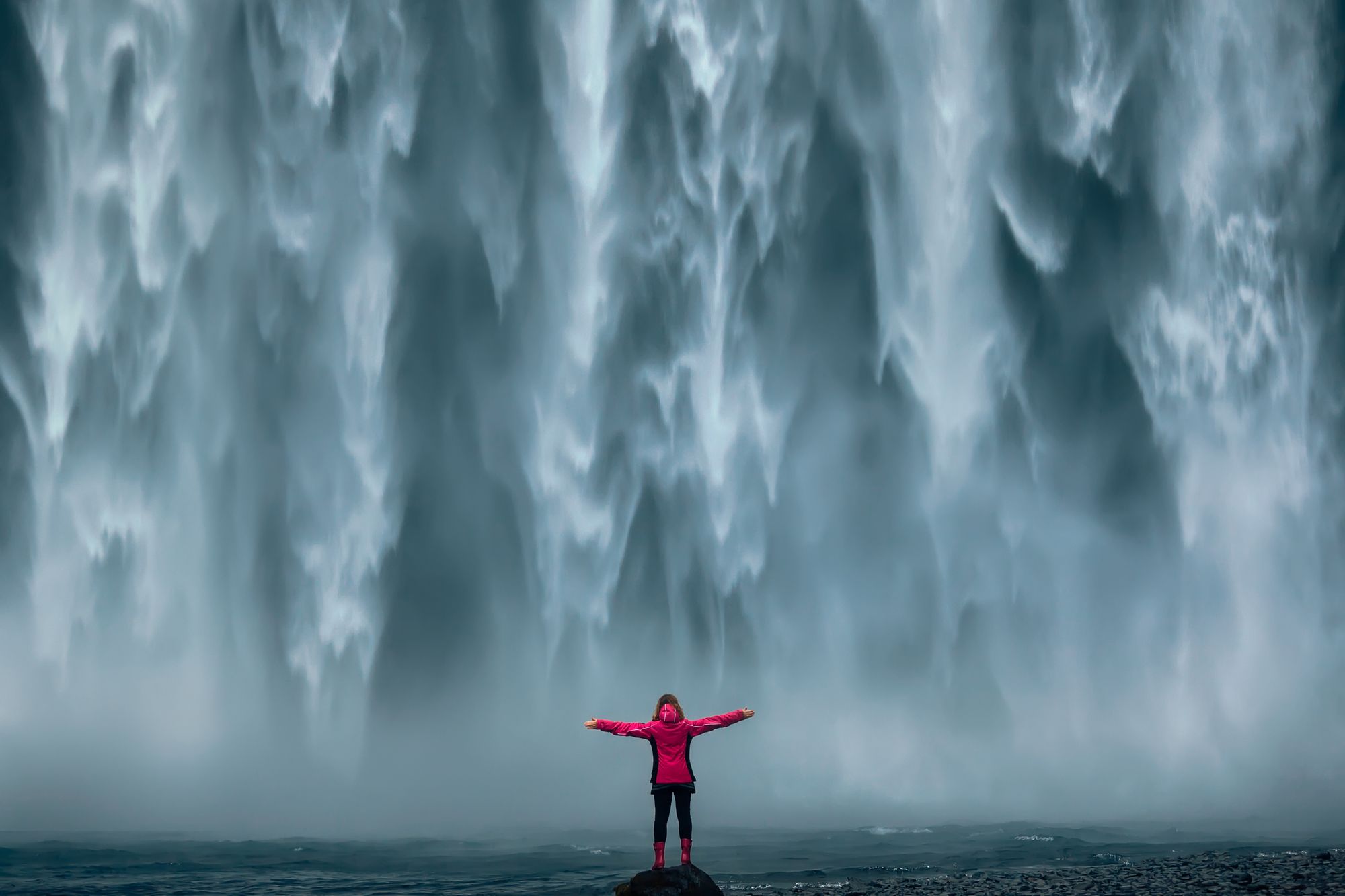Wherever you are, stop for a moment and listen.
Step into your garden or open your window, and listen to the sounds of the outside world. To the wind rustling through the trees, the high trilling of bird song, or the light patter of raindrops. Relaxing, isn't it? But you might hear other manmade sounds too, like the hum of traffic, or the distant whine of construction, which aren't quite as pleasant.
Over the past couple of centuries, the noise of humanity's industry and development has slowly been drowning out the sounds of the natural world.
"Paradoxically, across the world, there is a great silencing. But there's also an excess of noise. The silencing is happening mainly through habitat loss and habitat destruction, especially tropical forests," explains David Haskell, a writer and biology professor.

David has recently written a book, Sounds Wild and Broken, where he explores something he terms a ‘crisis of sensory extinction.’ There are two parts to this crisis - the first is our lack of attention to the natural world, and the second is that habitats are beginning to lose their sonic diversity (the richness and variability of their sound). But why does any of this matter? We spoke to David to learn more about natural sound, and why we need to start listening more closely to it.
This feature is interspersed with sound clips that David has recorded to accompany his book.
Even the Trees Speak
Listening is one of our five senses, and a vital way of understanding and experiencing the world we live in.
“Hearing is of course only one of the senses, but it's a particularly informative one. The visual sense can be occluded or blocked but sound moves through walls and barriers; it can't be diverted,” David says.
He first became interested in natural sound while attending grad school in the US. Birdsong was his "gateway drug."
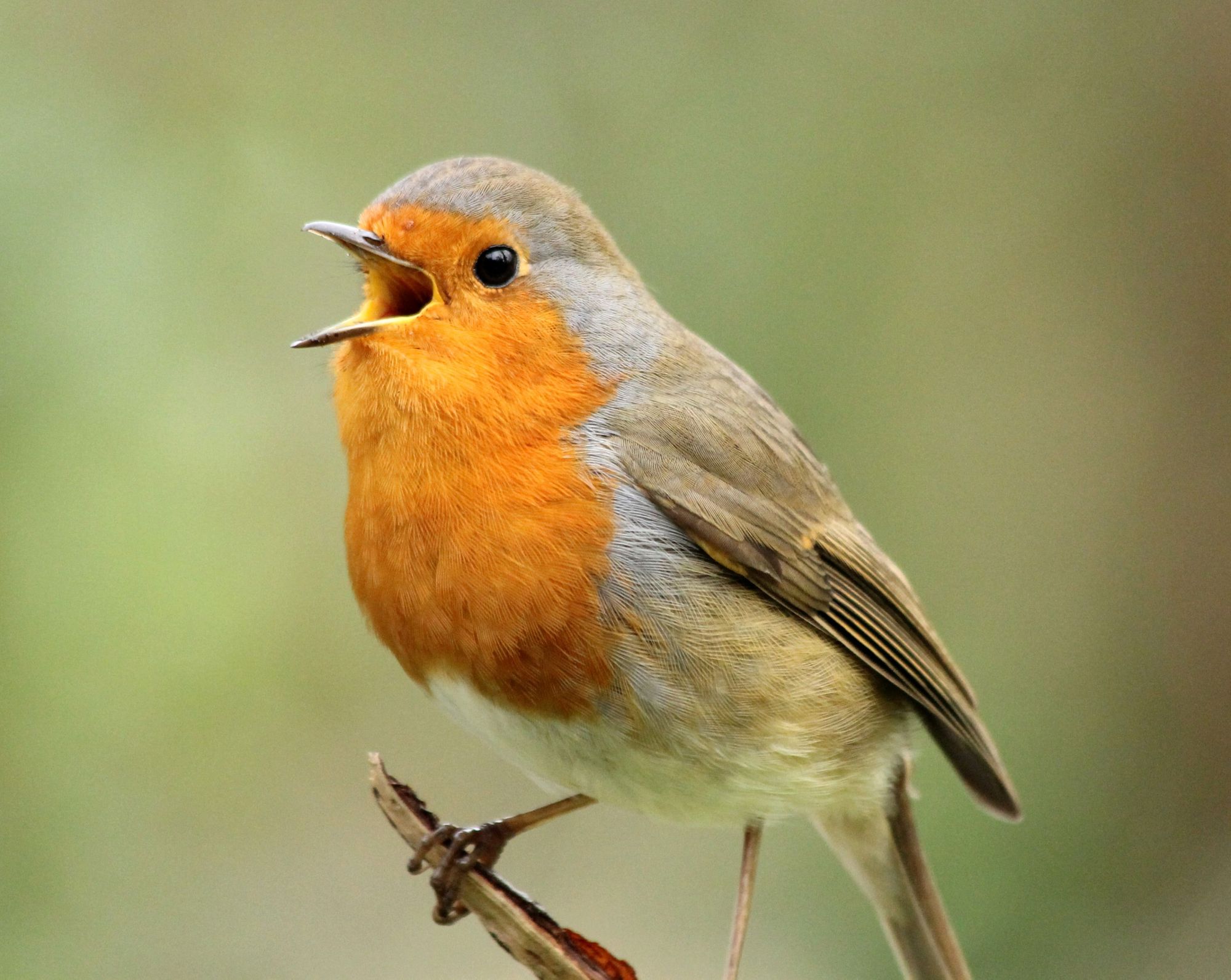
“Often we stop after learning to identify a bird species by its sound, but there's so much more to it. What is the bird actually saying? What's it telling me about the seasons, and migration? The sounds themselves are fascinating and beautiful just as physical experiences, but then there's stories behind every one of those sounds," he says.
After birds, David moved onto trees. Each tree species, he explains, has a different sonic signature, which changes according to the seasons. And those creaking sounds that sometimes startle you while you’re out walking in the forest - that’s trees releasing the stresses and strains in the wood, a bit like when your knee clicks.
All of these insects feed on trees - they eat sap and leaves - so in a way, I'm hearing the vigour of trees themselves, expressed as sound
From trees, he moved onto insects and animals. He’s currently recovering from Covid and has been isolating in a tent on his front porch, where he can hear the sounds of cicadas and katydids.
Recording One: A chorus of katydids (also called bush crickets) in mid-summer in an old growth forest in Tennessee
“It's been wonderful to lie with a fever and just be in this insect soundscape, floating in different clouds of texture. There are four or five species that sing at different times of day, with different rhythms and pulses. Sometimes the sound is almost thunderous in its magnitude. All of these insects feed on trees - they eat sap and leaves - so in a way, I'm hearing the vigour of trees themselves, expressed as sound,” he explains.
It was composer Murray Schafer who first coined the term 'soundscape', which refers to our sonic environment and the array of noises in which we all live. Later, soundscape ecologist Bernie Krause came up with the term biophony to refer to the way natural soundscapes weren't discordant but cohesive, where "every distant voice seemed to fit within its own acoustic bandwidth" like a carefully orchestrated symphony. Biophony can tell us so much about the environment - the seasons, the presence of predators, the weather - but many of us have stopped listening to it.
Like A Polar Bear in a Shopping Mall

So why is it important to listen to the world around us?
“We are now an incredibly powerful species, whether we want to be or not, because there are so many of us and we have such large appetites. If one of the most powerful species on the planet stops listening to the voices of other species, then we're in for calamity,” David says.
He compares it to totalitarianism: when a small group of people control an entire society, without listening to them, most people in that society will suffer for it. David’s way of thinking therefore places other living species on equal footing with humans - they are also beings that need to be advocated and provided for.
If one of the most powerful species on the planet stops listening to the voices of other species, then we're in for calamity
“Often we think about that as an intellectual thing - ‘I need to be thinking about other species, reading about other species in the newspaper, I need to be more politically active’ - but the sensory dimension is really important. We can't solve problems either small or large in our heads.
“We're embodied creatures with rich senses, and our ability to make moral decisions needs to be grounded in sensory connection to the world. Without smelling the wind and touching the bark of trees, how can we possibly be good members of earth's community?” David says.
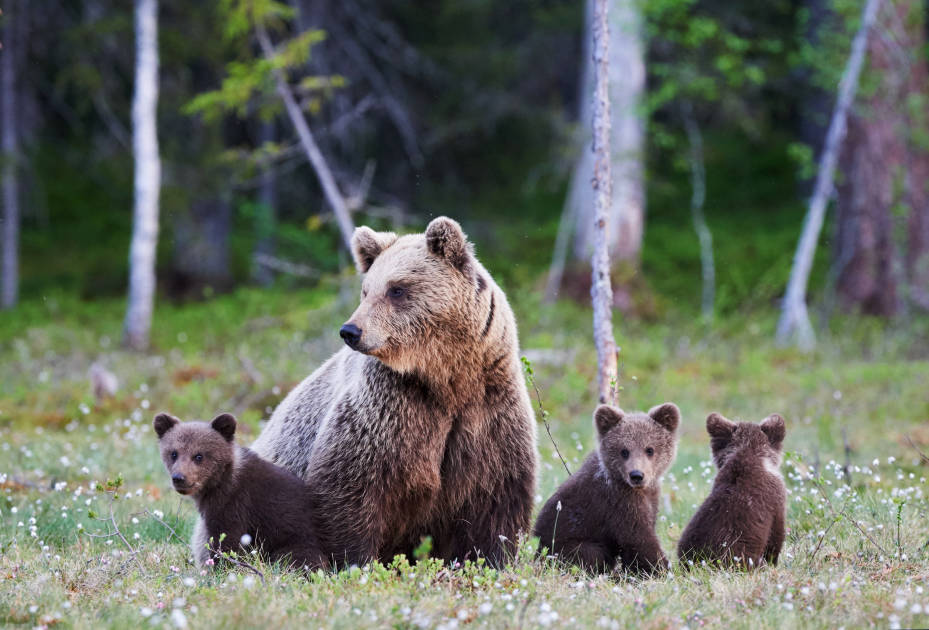
David believes (and he’s not alone) that humans have cut ourselves off from the natural world. Most of us live surrounded by four square walls, dependent on screen technology. Getting outside and experiencing nature's soundscapes is not just good for other species - it’s also brilliant for our wellbeing. One study also found that listening to nature helps the brain focus your attention outwards, while artificial sounds cause a state of inward-focus, akin to anxiety or post-traumatic stress disorder.
“Listening to nature brings more joy into our lives because we are embodied beings. Our ancestors have been listening to birds and touching trees and smelling the wind for hundreds of thousands of years. To stop ourselves from doing it, as many of our technologies and architectures do, is like taking a wild creature - and I believe humans essentially are wild creatures - and putting them in a sensory deprivation cage. It’s like taking a polar bear and putting it in a shopping mall, where it has no access to seals and ice and water,” David says.
The Great Silencing
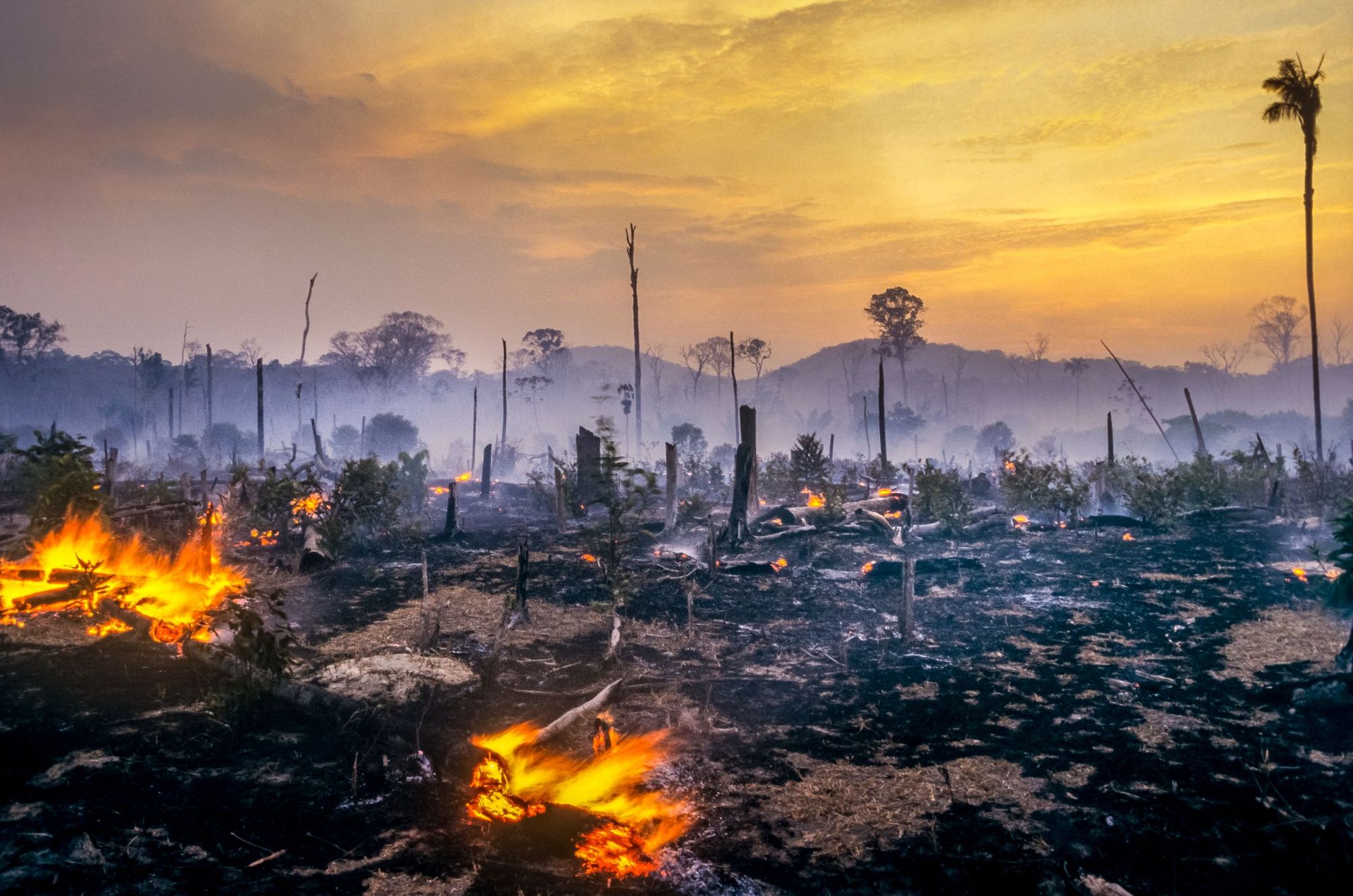
David is not only concerned about people failing to pay attention to natural sounds - he's also worried about the loss of sonic diversity in the world. With new bird and mammal species going extinct every year, hundreds of voices are being lost.
"Sound is one way of measuring the biological diversity of a habitat," David says. "You can measure biodiversity in numbers, like how many species are in an environment, but another complementary measure is the richness of the sensory environment. That includes how many aromas are present in the forest, and how many sounds can be heard."
While climate change is a factor, the main reason for a loss of sonic diversity is because of habitat loss and destruction. It is in tropical rainforest that the crisis is most acute.
Recording Three: The Western Amazon, Ecuador, just after dawn. You can hear insects and birds, including macaws.
“As those forests are cleared for mining, or palm oil plantations, or agriculture, their sonic diversity goes way down. There's still sound in them, unless you completely pave everything over, but the richness, the variability, the diversity of that sound is massively reduced,” he says.
When a soundscape becomes less diverse, our experience of it loses some of its richness. But it can also cause problems for its animal inhabitants. Individual voices and calls suddenly become more audible, making them vulnerable to attacks from predators.
Why the Ocean is the Noisiest Place on the Planet
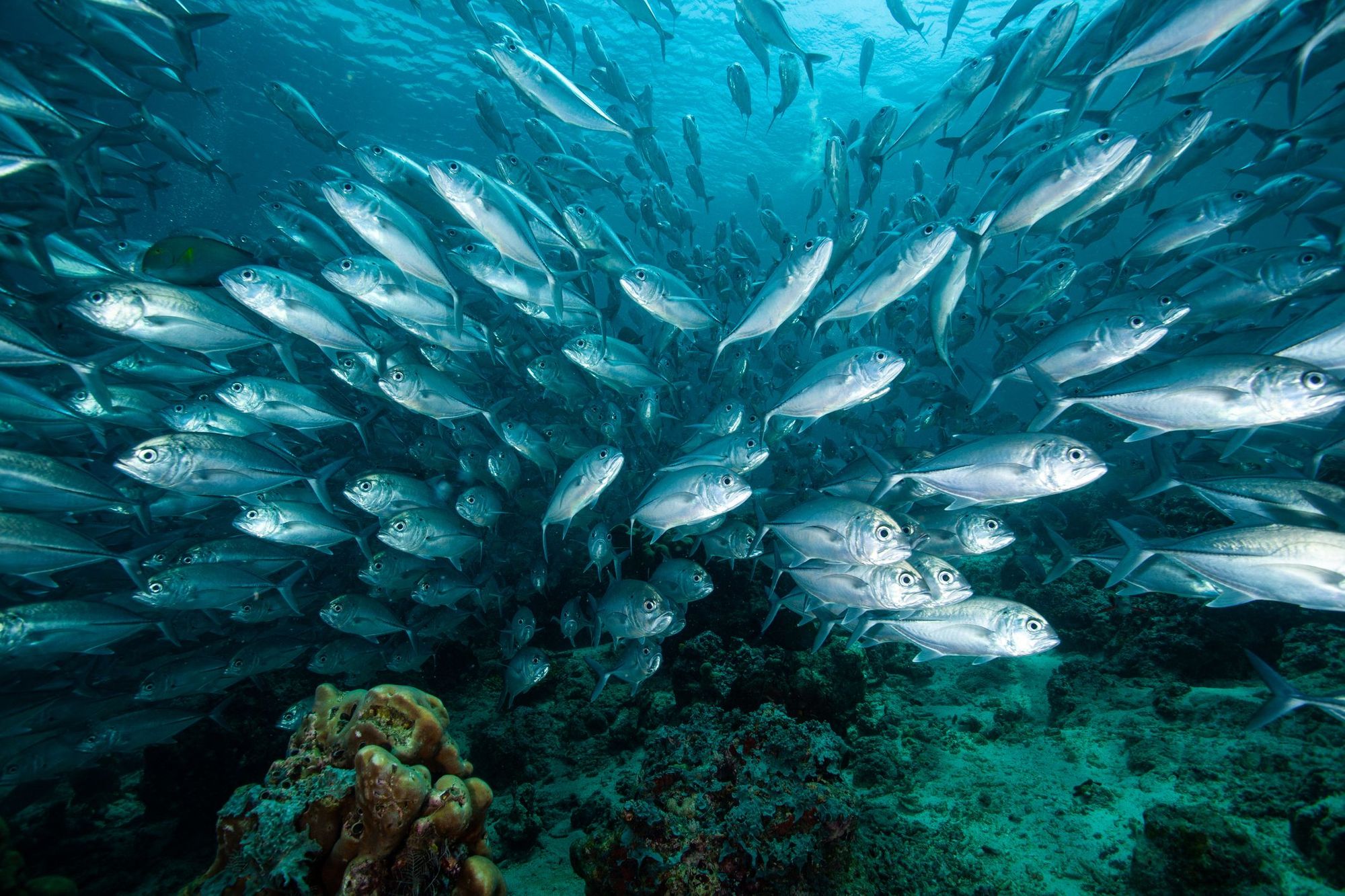
The world might be experiencing a crisis of natural sound, but it has undeniably become noisier - David defines noise as "unwanted sound". Humans have created intolerable soundscapes of traffic noise, construction and industry for themselves and other species. Noise pollution can impact our health and wellbeing. Those continually exposed to loud noises can suffer problems such as noise-induced hearing loss (NIHL), high pressure, disturbed sleep and elevated stress levels.
But it’s not only humans who suffer in noisy environments - animals do too. According to the Wildlife Habitat Council it can inhibit communication between animals, disrupt mating season and interrupt navigation. One scientific study discovered that highway noise makes caterpillars’ hearts beat faster; another study discovered that noise from oil and gas wells causes bluebirds to have fewer chicks.

“The level of stress hormones in those creatures increases. Even little nestling birds, raised with the noise of a lot of traffic around them, have higher stress levels. And they're getting genetic damage that is prematurely ageing them before they even leave the nest,” David says.
But according to David, the real noise crisis in our world is taking place in the depths of the ocean, where we can’t hear it. This noise comes from shipping, and also from the seismic exploration and drilling for oil and gas on the ocean floor.
Recording Four: St Catherine's Island, Georgia. The bleats are toadfish and the taps are croakers; the crackling sound comes from the claws of hundreds of snapping shrimp
“At close range these sounds actually kill aquatic organisms. Creatures like whales often leave those areas, so we're making those areas uninhabitable. For other creatures it disrupts their breeding, it disorients them, they don't protect their eggs any more - there are all sorts of behavioural changes,” he explains.
Aquatic creatures also hear sounds differently to terrestrial ones. While we hear sound through our ears and nowhere else, as the skin provides a barrier, for marine life it's a full-body experience.
Recording Five: St Catherine's Island. A small outboard engine drowns other sounds - an example of noise pollution in the seas
“If I were a dolphin or a fish in the water, that noise wouldn’t bounce off my skin. It would flow from the watery surroundings into my watery body and penetrate me all the way through. Aquatic creatures are fully immersed in it in a way that we as terrestrial creatures can't fully imagine, because that's not how we hear things. The closest is sub-woofers and other low frequency sounds that we can feel in our bodies,” David says.
Reasons to Hope?
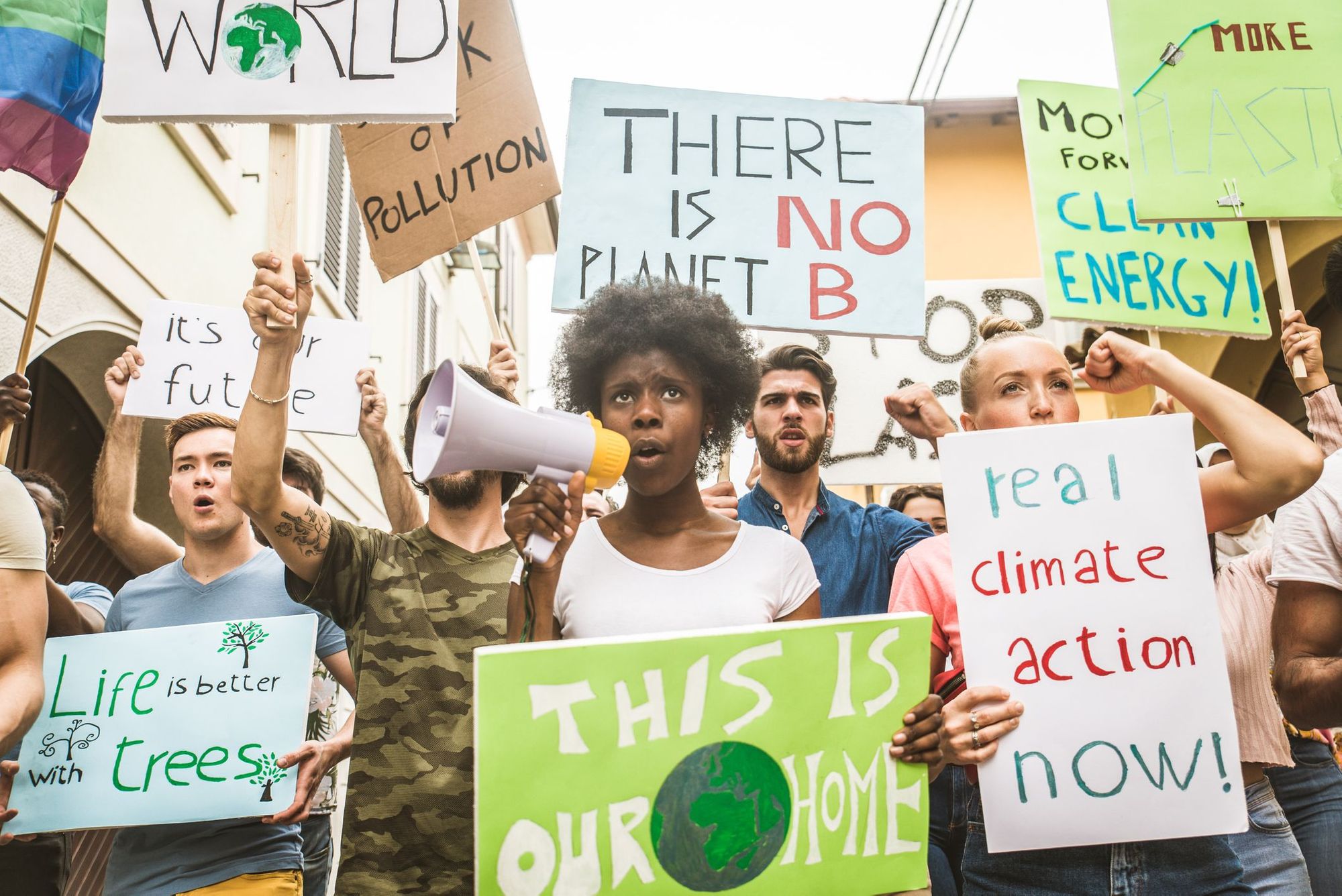
So what’s the solution? David suggests that noise can be reduced by localising economies (which would reduce shipping), transitioning away from fossil fuels, and reducing seismic activity in the ocean. He also points out that noise pollution leaves no lasting effects when it stops. As soon as the noise ends, the environment returns to its previous state, unlike the lingering effects of chemical pollutants.
There are, he believes, some reasons to hope.
“The decarbonisation of the global economy seems to be gaining some pace now. I'm still stunned at the US for finally voting through some climate legislation that, if it holds, will make quite a big difference.
“The thing that is very concerning is the loss of tropical forest. Often that comes down to the politics of individual countries, and the rules of international trade. There are organisations doing great work, but we've got a long way to go. Deforestation is so important because it's a place where indigenous rights for humans, climate change and biodiversity are all wrapped up together. That's a great opportunity to do great things,” he says.

It’s easy to feel overwhelmed in the face of complex and emotionally-charged issues such as climate change and deforestation. But we, as individuals, can always do something to help - we can listen.
“Part of this sensory connection sounds very heavy and ethical and 'we need to do better'. But it's also joyful. In doing what brings us wholeness we can actually become better human beings. It's not so much that we should be looking out for other species, it’s that we want to, because we’re connected with them,” David says.
So wherever you are, stop for a moment and listen.
Feeling inspired? Listen more closely to the natural environment with a walk on the wild side - on one of our wildlife watching adventures.


